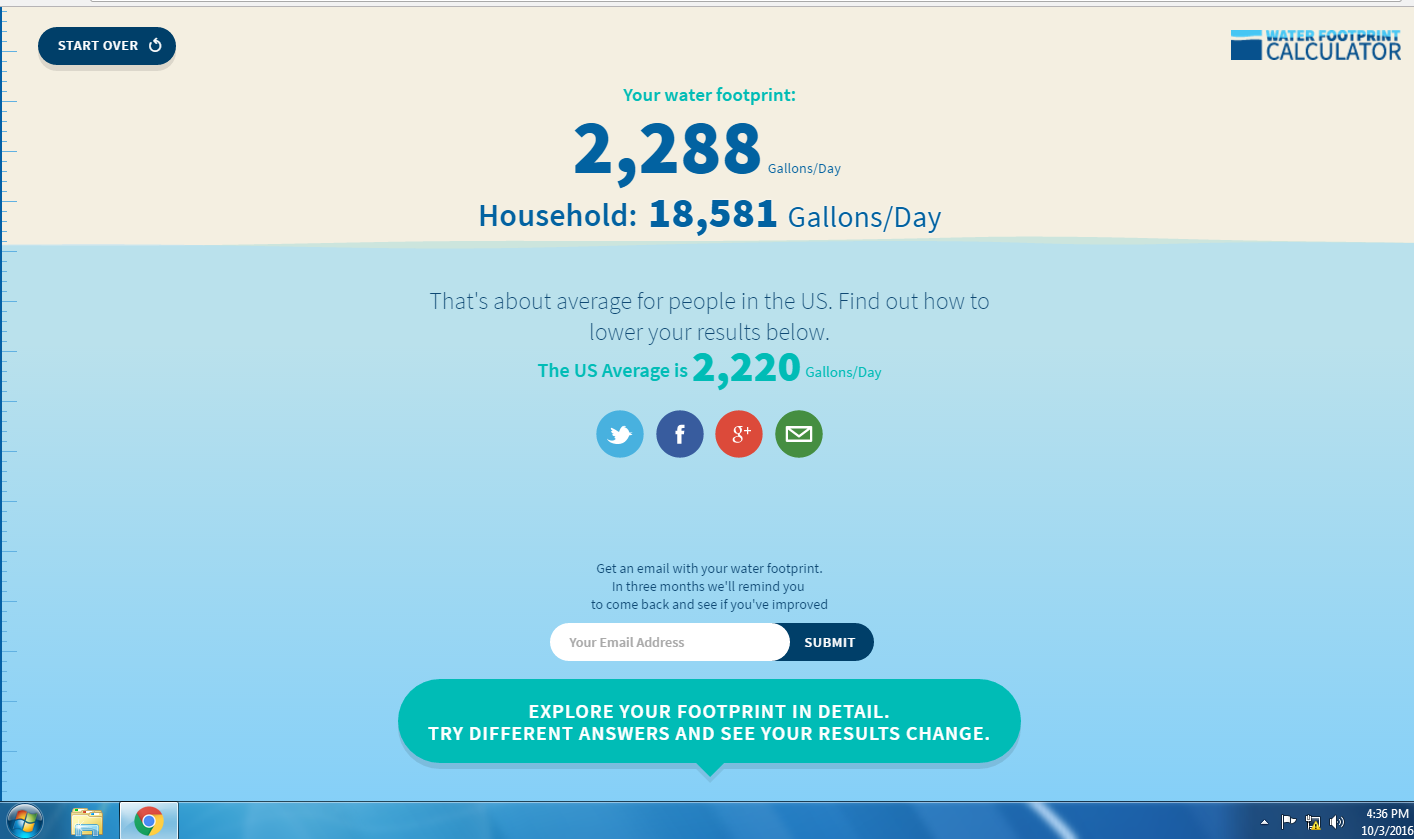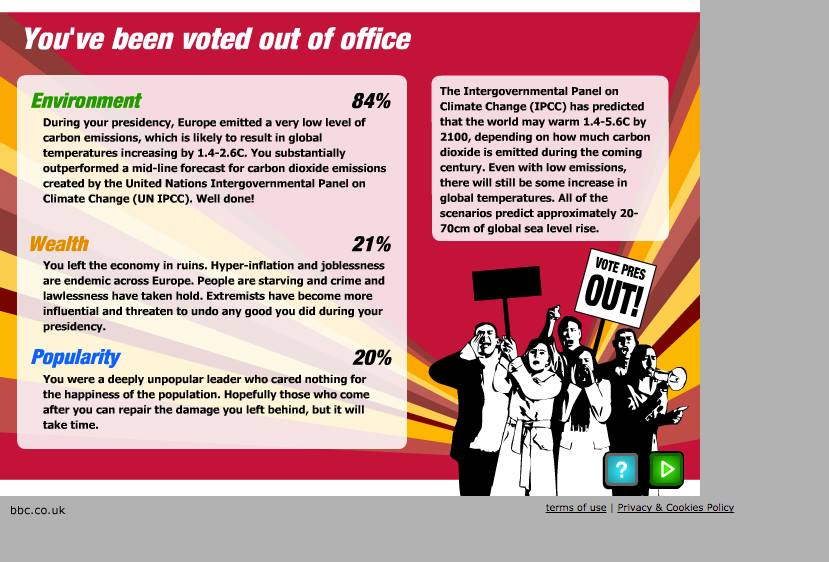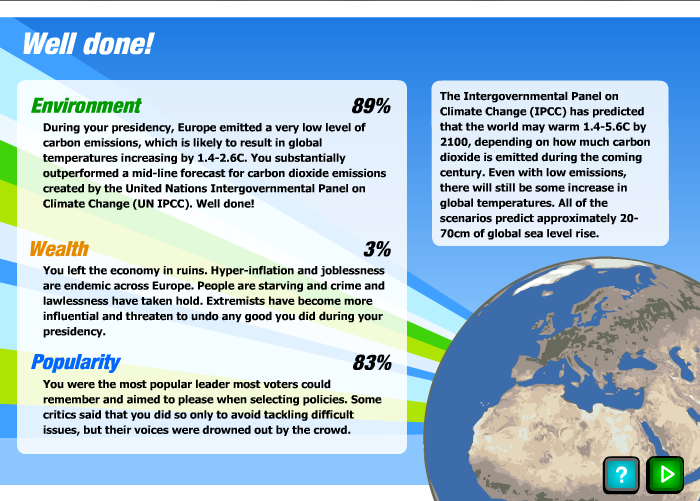Blogs
"Climate change is happening. It's real and it's getting worse."
Is the Philippines simply unlucky? Haiyan, Thelma, Ike, Fengshen, Washi, Durian, Bopha, Trix, Amy, Nina: the ten deadliest typhoons decided to introduce itself to our islands as they mercilessly destroyed infrastructures, enveloped provinces with cruel storm clouds, and took with it innumerable casualties with each glance. It left my countrymen with scars and wounds which will serve as reminder of what has took place, what has been lost and what will never be recovered.
Ever since time immemorial, the Philippines has long been particularly vulnerable to extreme weather. On average, about 20 tropical cyclones enter Philippine waters each year, with eight or nine making landfall. And over the past decade, these tropical storms have struck the nation more often and more severely, scientists believe, because of climate change. In addition, two factors unique to the Philippines have combined to exacerbate both this threat and its devastating consequences: its geography and development.
"Water is the driving force of all nature."
Water simply falls from the sky. Water simply rushes down the rivers, streams, and lakes. Water simply circulates through and from in the vast sea. But is water simply just that? Do we really see the true importance of water in our daily lives?
Similar to carbon footprint, through this simulation: This calculator helps you estimate your total water use. Or also known as, your water footprint. The water footprint is a measure of humanity’s appropriation of fresh water in volumes of water consumed and/or polluted.

MY WATER FOOTPRINT: 2288 Gallons/Day
HOUSEHOLD: 18,581 Gallons/Day
It pains my heart to even admit this, but my water footprint as of October 3, 2016, is 2,228 Gallons/Day. Given that the US Average water footprint is 2,220 Gallons/Day, I can infer that my household is wasting a lot of water. Clearly, we are not doing a good job in decreasing our water consumption. My household wastes water everyday by washing a huge load of dishes on a daily basis, by washing a large batch of clothes everyday, by wasting gasoline through unnecessary expeditions every weekend, by relying on meat as a staple food source everyday (because we really can't live without meat), and by ignorantly disregarding the effects of grave water consumption.
Realistically speaking, I am but one of the many households in the Philippines that are wasting water everyday. Can you just imagine the amount of water that is being consumed on a daily basis by millions of people from different parts of the country? I, along with other Theresians, calculated our water footprints to raise awareness on the alarming issue of water consumption and wastage. True enough, the results are too overwhelming.
In the words of our Pope, "The violence present in our hearts, wounded by sin, is also reflected in the symptoms of sickness evident in the soil, in the water, in the air and in all forms of life. This is why the earth herself, burdened and laid waste, is among the most abandoned and maltreated of our poor; she “groans in travail” (Rom 8:22). We have forgotten that we ourselves are dust of the earth (cf. Gen 2:7); our very bodies are made up of her elements, we breathe her air and we receive life and refreshment from her waters. (1-2)"
Wherever they are, people need water to survive. Not only is the human body 60 percent water, the resource is also essential for producing food, clothing, and computers, moving our waste stream, and keeping us and the environment healthy. Unfortunately, humans have proved to be inefficient water users. According to the United Nations, water use has grown at more than twice the rate of population increase in the last century. By 2025, an estimated 1.8 billion people will live in areas plagued by water scarcity, with two-thirds of the world's population living in water-stressed regions as a result of use, growth, and climate change. The challenge we face now is how to effectively conserve, manage, and distribute the water we have. (Source: http://environment.nationalgeographic.com/environm...)
Water we doing? What must we do? It seems like we're not sure of the answer to that yet.

These uttered words hold especially true in our unstable and changing environment today. President Obama believes that no challenge poses a greater threat to our children, our planet, and future generations than climate change.
Quite similar to this, we were tasked to play the role of a European President whose goal is to decrease carbon emissions at a certain target each passing decade. You are to balance three important factors: environment, wealth, popularity while giving utmost importance to the welfare of the environment and at the same time not neglecting the two other factors. You will realize at the course of the simulation the value of sacrifice. Although it's the goal, it is almost near impossible to have it all. That's how difficult it is. You must be willing to lose one thing to gain another thing. Similar to Alchemy's first law of Equivalent Exchange: To obtain, something of equal value must be lost. Right off the bat, this game has been one of the most stressful and challenging games there is.

Fig. 1: First attempt. "You've been voted out of office"

Fig. 2: Second attempt. "Well done!"
And this just in! In its submission to the United Nations, the Philippines says the carbon emission reductions by the year 2030 will be taken from the energy, transport, waste, forestry, and industry sectors. But this target is conditional on aid. Aside from reducing carbon emissions, the Philippines says it will also commit to adaptation measures to help prepare its citizens for impacts of climate change such as typhoons and drought. Adaptation is the "priority" of the Philippines when it comes to its climate action pledge. “Our INDC is based on our philosophy of undertaking mitigation as a function of adaptation, therefore, we will still prioritize adaptation measures,” she said. For adaptation, the Philippine government said it considers as priority measures the strengthening of systems for climate monitoring and observation, the conduct of climate and disaster risk and vulnerability assessments, improving the resilience of ecosystems, and the climate-proofing of sectors such as agriculture, water, and health. Like the mitigation contribution, the adaptation commitment is hinged on support from the international community. The Philippines is among the country's most vulnerable to climate change impacts, makings its INDC "greatly awaited" by the international community. (Source: http://www.rappler.com/science-nature/environment/...)
For the last few months, carbon dioxide concentrations in the atmosphere have been at record levels unseen in over 800,000 years. The chairman of the IPCC, warned earlier this year that “nobody on this planet is going to be untouched by the impacts of climate change”. Future generations will no doubt wonder at our response, given the scale of the threat. It’s known that death, poverty and suffering await millions, and yet governments still vacillate. But solutions are available. In fact, if we are to take things one step at a time, as long as the effort progresses into bigger actions, we can give hope to our Mother Earth for our future generations to witness. In the battle against climate change, our battle cry would triumph and with better efforts, I am certain.
Humanity will prevail against the battle with climate change.
'Til next time,
Danielle Rosales.
